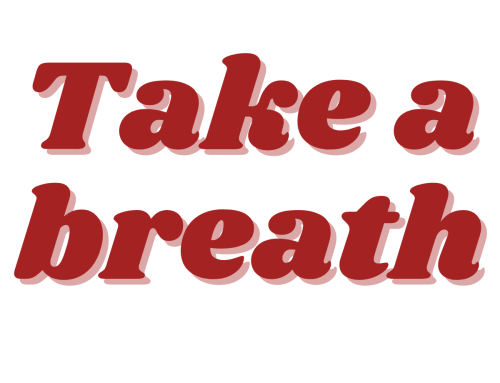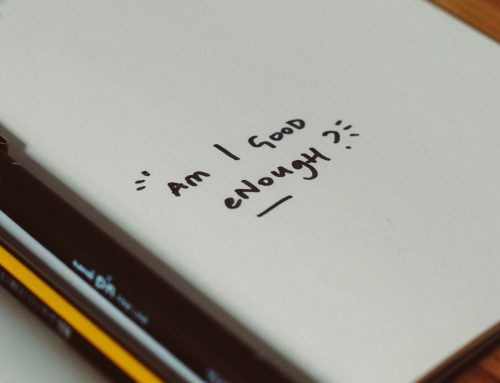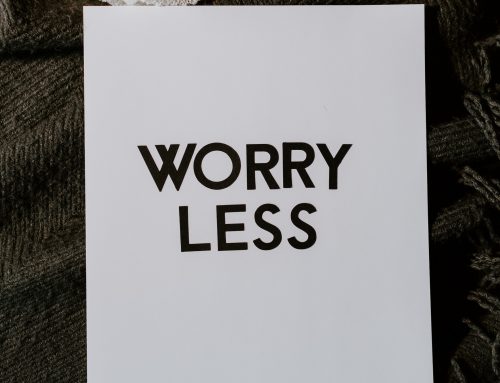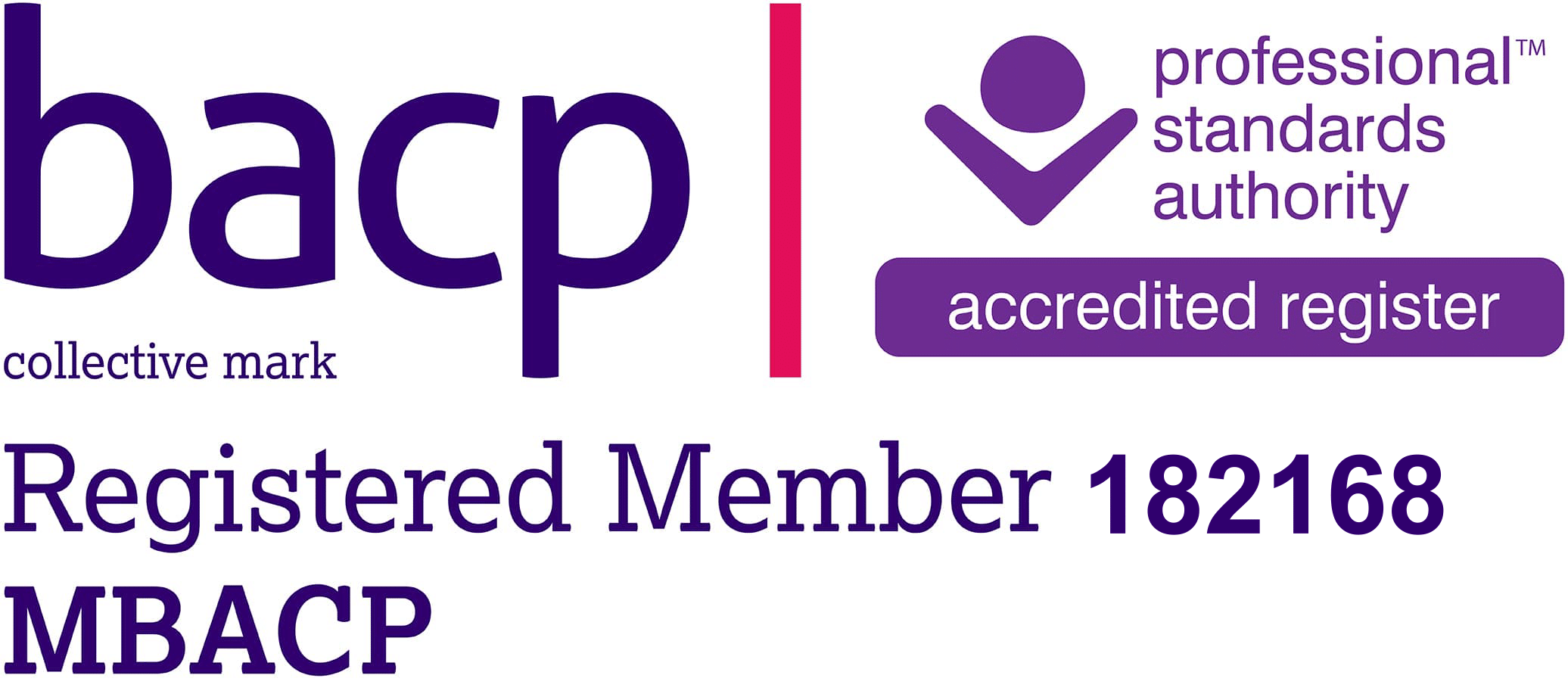So, are you ready for a few stats? Apparently one in six of us have experienced a form of anxiety or a depressive disorder this week. Yes, this week.
More than one in ten people are likely to have a ‘disabling anxiety order’ at some stage in their lives and an estimated 13% of the adult population will develop a specific form of anxiety known as a phobia at some point in their life.
A World Health Organisation study compared depression with such things as angina, diabetes and asthma and concluded that the impact of depression on a person’s functioning was 50% more serious that the impact of any of these physical conditions – 50%!
I could go on…but you get the idea. Anxiety impacts most of us at some point in our everyday lives and for some, anxiety can be life-changing. And for all of us – we need to get the lowdown, for both ourselves and those around us.
A lot of my clients come to me with a form of anxiety that has been recognised due to symptoms including: a rapid or irregular heartbeat, dizziness, sweating, feeling sick alongside a general sense of worry, not sleeping well, feeling down and a loss of self-confidence.
Many describe themselves as feeling out of control or on edge a lot of the time which has been triggered by such things as stress at work / at home, a split or divorce, financial woes, bereavement or, sometimes, a medical reaction.
Now looking at the list above, it’s quite rare than any of us would avoid any of these issues in our lives, which is why we need to get to know anxiety, learn what makes it tick, what triggers it within ourselves and what we can do to defriend it as soon as possible; that is a friend request we won’t be accepting, thank you very much.
Now I am not a miracle worker (although some of my clients may beg to differ) but through years of working with anxious people at various stages, I am in a very good position to help you battle it.
Here are my top tips to get Annie less anxious:
- Nature is there to help you. Get involved with chamomile tea (love it as much as you would a G&T), befriend omega3s as there is evidence that it can lift your mood, breathe in lavender, get outside in the fresh air for at least 15 minutes a day, try and exercise for 20mins a day, take a hot bath with Epsom salts and lay off the booze and caffeine.
- Know your fight or flight. So, hello problem that is making me anxious. I am going to not only recognise you, but I’m going to face you head on. You know why? Because if I don’t, the next time I see you I’m going to feel even worse. There’s a lot to be said for not avoiding threatening situations, but the best strategy is to confront the feared situation. Usually, it’s better than you thought, and if not, you will have learned valuable coping skills by confronting your fears. Be brave, it might not be as bad as you think.
- Self-preservation. Try and recognise what is triggering you to feel anxious and see what you can do to make it the best it can be. For example, if checking your emails all the time stresses you out, only do it twice a day at designated times. If a particular meeting at work makes you sweat with worry, make sure you get there early and take a deep breath, sit in a good spot, do a few deep breaths and get mentally ready.
- Talk to someone. Don’t suffer alone as sometimes talking about how you feel can really help. Whether that’s to a friend, colleague or professional – there are people out there to listen and help.
- Breathe it out. Breathing exercises really work – take time to take a few deep breaths in and out and see how you feel. Try and do this as part of your regular routine.
- Keep a diary. I’m a big fan of writing things down and documenting how you feel and when. It can then prove to be a hugely valuable insight into times / days you feel most anxious and that, in turn, can correlate to specific incidents, occurrences.
- Plan. Now I’m a big planner and if I don’t, it stresses me out. So, try and give yourself the best fighting chance for the week ahead by writing a list, scheduling your diary and knowing exactly what your responsibilities are.
- Do not own the anxiety. Do not refer to it as ‘my anxiety’. Your brilliant mind is always listening, and when it thinks it owns something, it wants to keep it, no matter how hard you think you are trying to get rid of it.
- Give yourself some really good mantras to say ‘I have phenomenal coping skills, I am brilliant at managing my job/relationship (whatever it is that’s causing the anxiety), I take everything in my stride, this is just who I am. I am strong, I am capable.’ It doesn’t matter how you feel saying this stuff (aloud is best!), your mind is listening, and it will start to believe what you are telling it – so tell it the best story!






